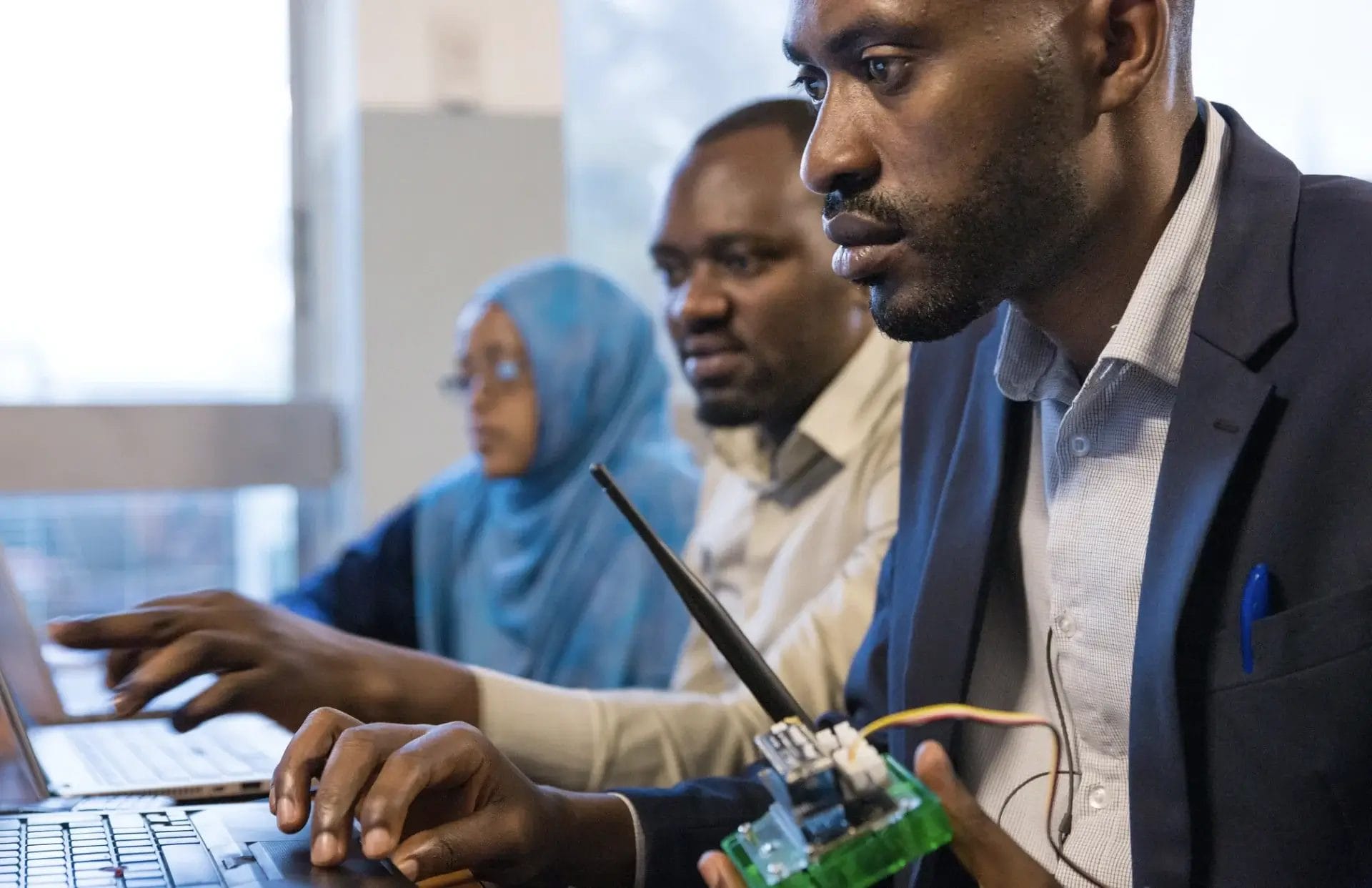The 2025 AI for Good Impact Africa Summit, set to take place in Johannesburg this October, is poised to spotlight breakthrough innovations, ethical frameworks, and regional collaborations shaping Africa’s AI future. Anchored by the International Telecommunication Union (ITU) in partnership with leading African tech institutions, the summit is expected to convene over 1,500 delegates, including policymakers, AI scientists, global investors, and digital rights leaders.
Billed as Africa’s foremost continental platform on responsible artificial intelligence, the summit will explore how AI can accelerate progress across key development pillars, health, agriculture, climate resilience, education, and inclusive finance, while addressing critical gaps in policy harmonization, data governance, and AI ethics.
“Africa’s AI evolution is not a matter of potential, it’s a matter of scale and strategy. The Johannesburg Summit will amplify indigenous innovation and build stronger bridges between regulation, research, and real-world deployment,” said Dr. Leila Teka, Regional Advisor for AI & Emerging Tech at ITU Africa.
Key Themes on the Agenda
The 2025 program will feature curated sessions on:
- AI for Climate & Food Security – showcasing African-led models in predictive agriculture, water analytics, and climate-smart planning.
- Inclusive AI Infrastructure – debates on equitable access to compute power, talent acceleration, and open data ecosystems.
- AI Policy Labs – led by ministries and regulators, focused on harmonizing national AI strategies and advancing rights-based governance.
- Startup Innovation Showcases – where select AI ventures from across Africa will pitch for catalytic funding and global visibility.
Delegations from Rwanda, Nigeria, Kenya, Egypt, Ghana, and South Africa will play prominent roles in shaping the summit dialogue, reflecting the continent’s rapidly maturing AI ecosystems.
A Continental Platform with Global Alignment
Backed by the UN’s AI for Good Global Movement, the Africa summit is designed to localize the global ambition of harnessing AI for the UN Sustainable Development Goals (SDGs). In partnership with UNESCO, UNECA, Smart Africa, and several private sector AI labs, the summit aims to formalize regional AI compacts and launch a Pan-African AI Talent and Safety Observatory.
Prof. Musa Makgatho, Chair of the Local Organizing Committee and Vice Chancellor of the University of Johannesburg, remarked:
“Africa doesn’t need to replicate Silicon Valley; it needs to scale its own intelligence. The summit is where science, culture, and policy intersect to shape a uniquely African AI agenda.”
Forward Outlook
Outcomes from the Johannesburg Summit will inform the Africa AI Action Plan 2026–2030, a roadmap expected to be adopted at the upcoming AU Digital Economy Ministers’ Forum in early 2026.
With AI increasingly central to digital sovereignty, industrial competitiveness, and public service reform, the Summit reaffirms Africa’s stake not only in AI adoption, but in its design, governance, and ethical deployment.

